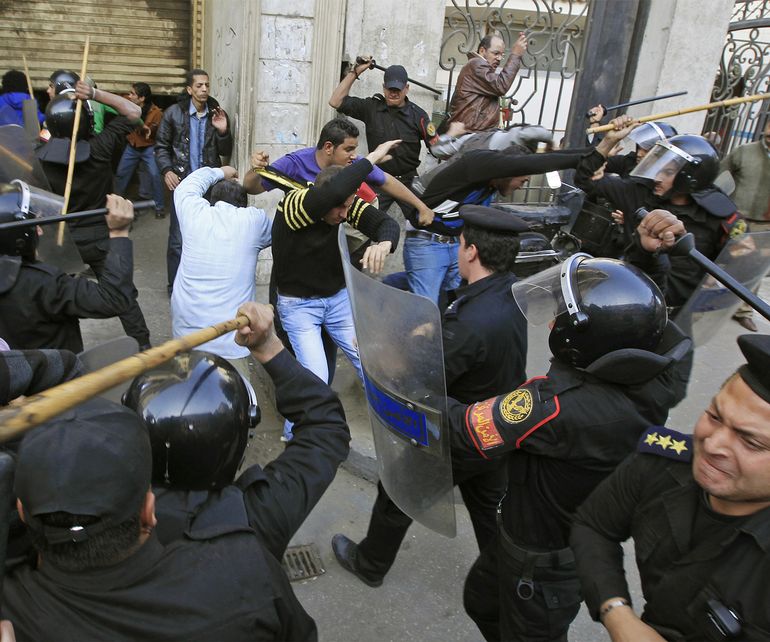 Perhaps the most significant element of the socio-political life of the region during those years, at least to the outside observer, was violence.
Perhaps the most significant element of the socio-political life of the region during those years, at least to the outside observer, was violence.
The Syrian Civil War has claimed between 200,000 and 500,000 lives. As many as 70,000 people have lost their lives as a result of two civil wars in Libya. And the Yemeni Civil War counts several thousand among its victims, with the humanitarian catastrophe it is leaving in its wake has affected millions.
Terrorism has become a part of everyday life in the “calmer” countries in the region, Tunisia, Egypt and Turkey. While the number of victims of terrorist attacks in these countries is hardly comparable to the numbers of lives lost as a result of the armed conflicts mentioned above, the very threat of another attack means that people live in constant fear. And this provides the authorities with ample justification for introducing the most severe repressive measures.
We have worked ourselves into a situation in which an enormous region, one that stretches “from the Ocean to the Gulf” and counts hundreds of millions of people among its inhabitants, lives in never-ending fear of violence.
Equally damning is the fact that this is precisely how the region is beginning to be perceived by the outside world.
This perception is largely unfair.
Turkey, Egypt and Tunisia are not the only playgrounds for terrorists; so too are Barcelona, Nice, Paris, Berlin, Boston, St. Petersburg and many other ostensibly safe cities.
The majority of the political regimes in the Middle East are perfectly stable, and the reforms implemented in Morocco, Algeria, Tunisia and Jordan following the events of 2011, have had a positive effect on the development of these countries, especially against the backdrop of the misfortune that has befallen the region as a whole.
Even the most problematic countries – Syria, and even Libya and Yemen – have not experienced a complete of statehood. What is more, modern mechanisms (elections, multi-party political systems, etc.) are becoming increasingly important for regulating political life in the powder keg that is Iraq, and also in Lebanon, which seems to transition endlessly from one crisis to the next.
Despite this, the feeling of all-encompassing violence remains. The problem here is not just the negative information environment, which paints a picture of the Middle East as a region of out-and-out chaos, but also the fundamental change that has taken place in the social and political mind-set of Arab societies. Perhaps for the first time in history, violence has become a problem for them.
To be sure, in modern western (and Russian) socio-political discourse, minimizing violence is a given and is barely even questioned. Nobel Prize winner Douglass North believed that reducing the level of violence is the main criterion for determining the development of social order.
Although this has not always been the case. Not by a long shot.
It is noteworthy that in European political philosophy, the problem of violence as such did not exist until the late 18th century. Plato, Aristotle, Augustine of Hippo, Machiavelli, Hobbes, Locke – none of these spared a thought for violence, per se, in their meditations on politics. They were more concerned with civil unrest, war, turmoil, rebellion, etc. In other words, the things that disrupt order. But not violence.
It was only with the writings of Immanuel Kant that the imperative of nonviolence started, rather tentatively, to take root in European social thought, at the same time that the diametrically opposite notion – the poetization of violence spearheaded by Hegel – began to spread.
While two world wars may not have been enough to put an end to such romanticism, they certainly took the sheen off for its most ardent followers. In terms of the philosophical analysis of political life, violence became almost a universal category in its own right, one that set the parameters of philosophical thinking for several generations of thinkers, starting at least with Michel Foucault. North’s theory emerged as a consequence of this process, and the requirement of nonviolence came to be seen as a natural in political science. Documents such as the Responsibility to Protect (for all its imperfections and divisiveness) were created as a projection of this this approach onto international relations.
However, this approach, generated by European experience and Western consciousness, cannot be considered universal. It has not fully taken root even in Russia, where technological breakthroughs and the victory in World War II are often cited as justifications of Stalin’s repressions.
Middle Eastern societies have never seen violence as an essential problem. We could name hundreds of works by 20th-century Arab thinkers on the problems of the nation, the state, democracy, justice, etc. But how many works are dedicated to the issue of violence? Not many.
The Iran–Iraq War took two or three times the number of lives that the Syrian Civil War has.
Nobody knows how many people suffered as a result of the repressive policies of Saddam Hussein and Muammar Gaddafi. The murder of 1270 prisoners at the Abu Salim prison in Libya in 1996 was just one episode. Nobody knows exactly how many such incidents actually took place.
The suppression of the Houthi insurgency in Yemen in 2004–2010 (i.e. before the Arab Spring) resulted in several tens of thousands of human casualties.
All this caused a barely audible murmur of discontent outside the region, but it was never a reason for the de-legitimization of regimes within the societies themselves.
Today, however, we are seeing the issue of violence becoming increasingly important in all the countries in the region. And this increases the demands on political regimes.
While there are political prisoners in many countries – in some cases tens of thousands – the authorities are being forced to spend ever greater efforts justifying the situation. Sometimes this is simply impossible.
From Violence to Consensus
The growing significance of violence as a problematic issue is overlapping with another important social change that is taking place in the region, namely, the strengthening of civil society.
In some countries, this is the result of reforms passed by the respective governments in response to the challenges that have appeared during the past decade. In others, it is the consequence of weakening statehood and the emerging need for socio-political self-organization of society.
The number of non-governmental organizations in Tunisia has more than doubled since 2011, and by almost 2.5 times in Morocco. The number of such organizations remains small in Jordan, but has increased by 1.5 times nevertheless, while there has only been a slight increase in Algeria, although the figure was rather high in that country to begin with. The newly established non-governmental organizations in these countries (which have managed to avoid mass violence) make it possible to involve more and people in civil. In this respect, it is not really important where they get their money – from the government (as in the case of Morocco), or from outside sources (Tunisia).
Civil society nevertheless makes itself known in states that are embroiled in armed conflicts. In Syria, the development of civil society is connected with organizations that work with refugees, as well as with numerous structures in Damascus-controlled territories and with local councils operating in the liberated territories.
In Libya, the need for self-organization among the people has forced them to form local authorities along both tribal and territorial principles.
A more active civil society, coupled with the problematic issue of violence, leads to the development of the principle of consent or compromise (taufiq), which assumes that political decisions are adopted not as the result of the victory of one side over another, but through a process in which the sides search for an agreement together.
The principle has been developed most successfully in Tunisia, where the Tunisian National Dialogue Quartet was able to bring an end to the civil confrontation of the government and the opposition.
The idea of Special Representative of the UN Secretary General for Libya Ghassan Salamé to hold an inclusive National Congress and his putting forward of the Libyan municipalities as the basis for the restoration of the country is another indication of movement in the same direction.
The proposal once put forward by Turki bin Faisal Al Saud to arrange a Second Syrian National Congress was also based on a commitment to taufiq. The subsequent dynamics of the conflict prevented the idea from becoming a reality, however.
The roots of taufiq can be traced back to entirely different political traditions that existed in the region. The principle can be considered an element of democracy, one that involves the search for compromise between competing parties. However, it can just as well be seen as the embodiment of the foundations of Islamic political culture. The principle of consultation (shura); the primary role of experts in political decision-making; and the consensus of opinions (ijma) – all these principles have become part of Islamic political thought and point to the recognition of its “culture of compromise.” The origins of taufiqcan be found in the idea of a corporate state that was once very popular among Arab nationalists. They can also be found in the traditions of tribal self-government, if one so desires. This kind of universality makes the principle acceptable for all political powers operating in Arab societies.
At the same time, it is clear that in mature democracies, as well as in political systems based on Muslim law, regimes built by Arab nationalists and tribal societies, the culture of compromise has not always been followed.
Moreover, practice has shown us that it can only be successfully implemented when the sides in a political confrontation (armed or otherwise) have no reason to hope for a decisive victory, or if the risks of continuing the confrontation are seen as unacceptably high. This is why it was impossible to reach a compromise in Bahrain and Yemen, and why it has thus far been impossible to achieve a compromise in Syria.
Nevertheless, continued tensions, the development of conflicts in these countries and the weakening of the guardianship of the all-powerful political elites over society, coupled with the pervasive fear of violence, may very well act as an impetus for the formation of a political culture of consensus.
Article published in RIAC: http://russiancouncil.ru/en/analytics-and-comments/analytics/the-arab-world-between-violence-and-consensus/
Photo credit: REUTERS/Goran Tomasevic




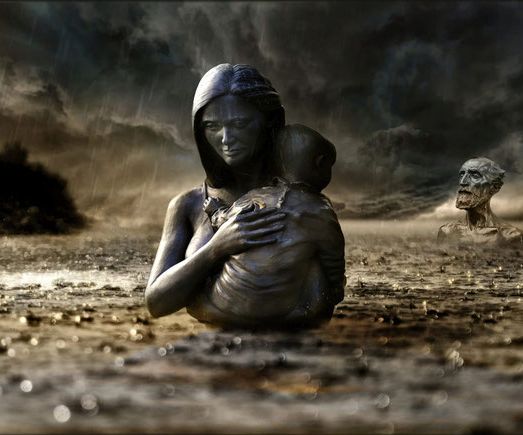 The upshots of ecological changes may cause the movement of more than 25-30 million people in the coming decade. How can this be handled?
The upshots of ecological changes may cause the movement of more than 25-30 million people in the coming decade. How can this be handled? Perhaps the most significant element of the socio-political life of the region during those years, at least to the outside observer, was violence.
Perhaps the most significant element of the socio-political life of the region during those years, at least to the outside observer, was violence.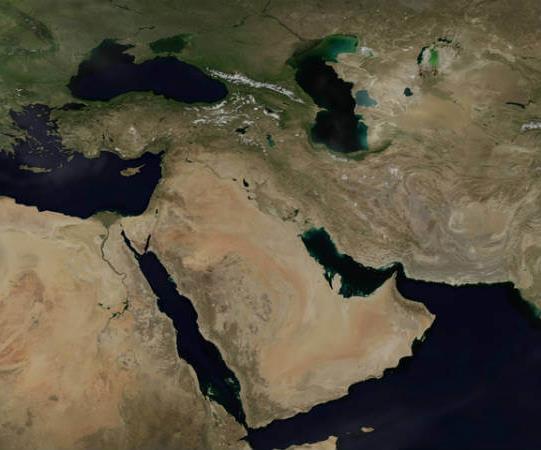 Article by Maria Al Makahleh Dubovikova and Shehab Al-Makahleh
Article by Maria Al Makahleh Dubovikova and Shehab Al-Makahleh The mid-August
The mid-August 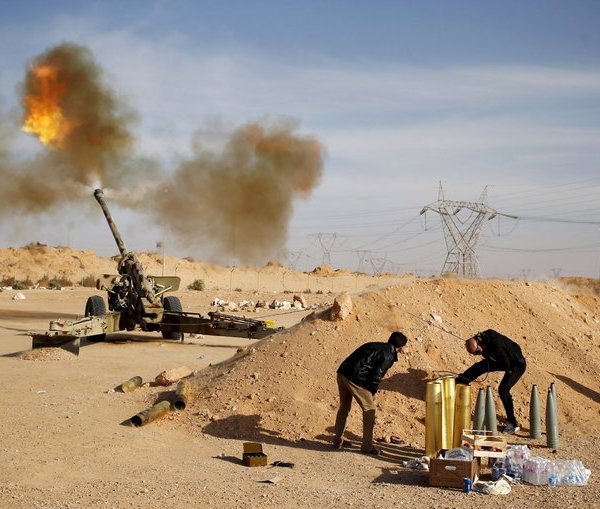 The head of Libya’s United Nations-backed government, Fayez al-Sarraj, undertook an
The head of Libya’s United Nations-backed government, Fayez al-Sarraj, undertook an 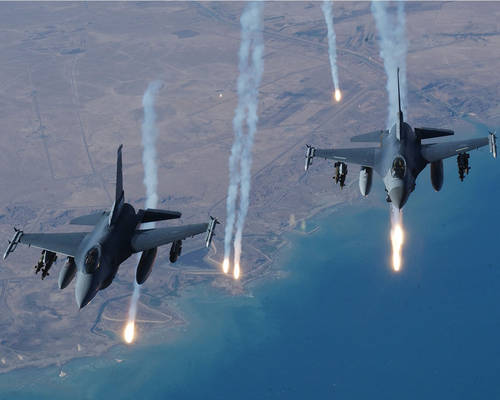 Many experts believe a new government can sanction and coordinate a new western military operation in Libya aimed at destroying ISIS. Mustapha Tlili, Founder and Director of the New York University Center for Dialogues: Islamic World-U.S.-The West, told Valdailclub.com what dangers such an operation could pose.
Many experts believe a new government can sanction and coordinate a new western military operation in Libya aimed at destroying ISIS. Mustapha Tlili, Founder and Director of the New York University Center for Dialogues: Islamic World-U.S.-The West, told Valdailclub.com what dangers such an operation could pose. More and more terrorist groups swear allegiance to the Islamic State of Iraq and Syria (ISIS) and the international attempts to bring down ISIS seem in vain.
More and more terrorist groups swear allegiance to the Islamic State of Iraq and Syria (ISIS) and the international attempts to bring down ISIS seem in vain.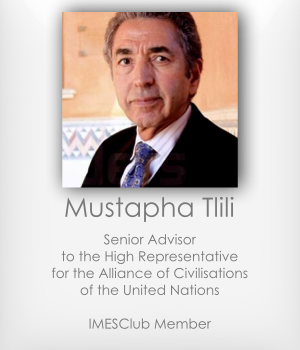 In the terrorist attack last week that took the lives of 21 people, most foreign tourists, at the National Bardo Museum,
In the terrorist attack last week that took the lives of 21 people, most foreign tourists, at the National Bardo Museum,